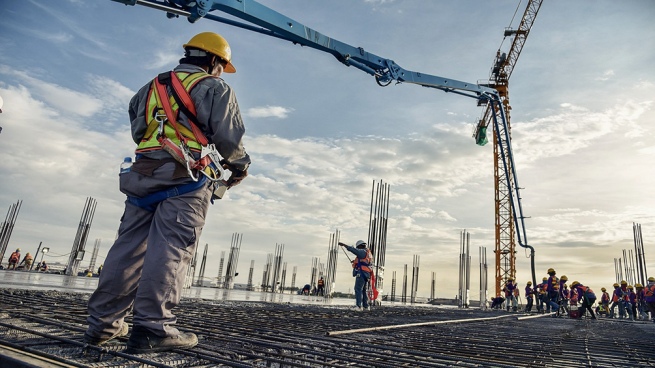An unprecedented observatory in the state of Rio will assess the flows of different types of solid waste to propose technical-scientific solutions and public policies in the area.
The Rio de Janeiro State Integrated Waste Management Observatory, inaugurated this week, will work in partnership with the Ministry of the Environment (MMA) to “cut” the data provided by the municipalities and which are inserted into the Sinir + interaction platform. (National Information System on Solid Waste Management).
The observatory will be coordinated by Professor Carlos Eduardo Canejo, who is also coordinator of the Sustainability Center at the Veiga de Almeida University Graduate Program (UVA).
“Our role here will be to evaluate this universe of declarations from the municipalities, based on what the ministry is putting, and to complement this information with research, whether from environmental control bodies, both municipal and state, in order to be able to refine the information being provided by the MMA. It’s actually a partnership. We will contribute and improve the database, make it even better”.
He believes that the observatory may become an example for other Brazilian states. “The goal is to inspire other institutions to follow our model”.
According to Canejo, the observatory’s proposal is to bring together students, alumni, professors and researchers from the university in the production of scientific research for the evaluation of scenarios for treatment, destination and final disposal of solid waste in the state of Rio de Janeiro.
At the moment, the unit’s team brings together more than ten researchers who will work on mapping sanitary landfills, controlled landfills and dumps, as well as other solutions for the treatment and final destination of industrial and health waste.
The aim, according to him, is to organize the information and make the data more transparent.
Pandemic
Since 2020, researchers have been producing studies on the subject. One of the first studies evaluated the impact of the ‘lockdown’ period (isolation), imposed by the covid-19 pandemic, on the treatment of the Campos dos Goytacazes sanitary landfill, in the north of Rio de Janeiro. “We found, comparing with the historical series of previous years, an increase of 40% in the reception of residues in the sanitary landfill. This has a huge impact, both in reducing the useful life of the landfill, as well as in operating costs and in the generation of leachate and biogas in this landfill”.
Canejo stated that throughout the pandemic period, this was a common report among the various other sanitary landfills in the state. Considering the massive use of hygiene and cleaning materials and the increase in food consumption, there was a 140% increase in the daily average of waste received at the Campos dos Goytacazes sanitary landfill, representing a substantial increase in leachate, an extremely polluting liquid generated during decomposition of waste.
Performance
In another survey, using the Final Waste Disposal Quality Index (IQDR), which assesses a series of technical and environmental indicators that reflect the operational quality of landfills, the researchers carried out two visits per year to all landfills in the state throughout period 2013/2015.
The indicators diagnosed economic shortcomings and technical inadequacies in the implementation and operation of state sanitary landfills. According to the survey, the sanitary landfills with the best performance are Seropédica, Campos dos Goytacazes and São Gonçalo and the worst are Miguel Pereira, Barra do Piraí and Piraí.
A new research project is already under development to continue the analysis of the technical and environmental indicators of the landfills, with the purpose of evaluating the operational sustainability of all the sanitary landfills in Rio de Janeiro.
“We go a little further. Before, it only evaluated the technical characteristic and, now, the team is going to make an evaluation based on an operational sustainability index, already in progress”.
The research methodology is ready, it has already been tested and validated, and the researchers are looking for funding to subsidize at least two visits that will be made annually to all landfills. The project is being prepared for presentation to the Research Support Foundation of the State of Rio de Janeiro (Faferj).









